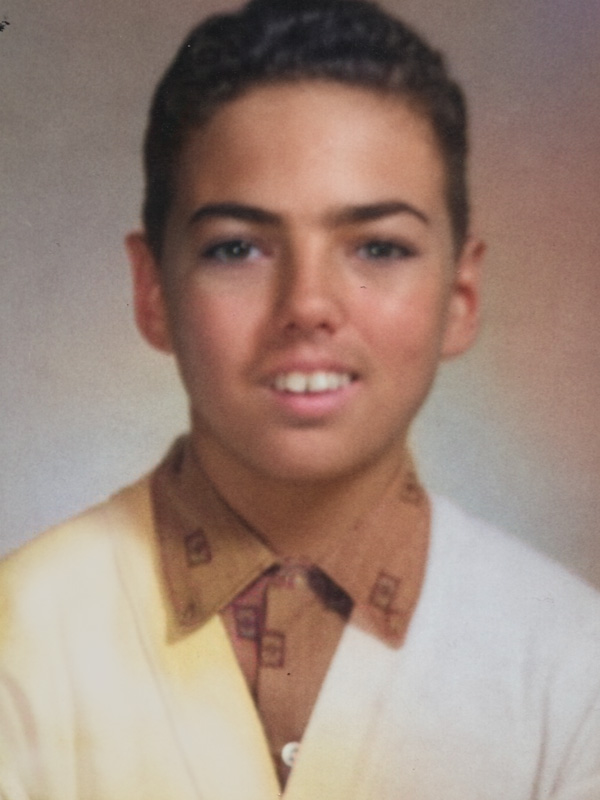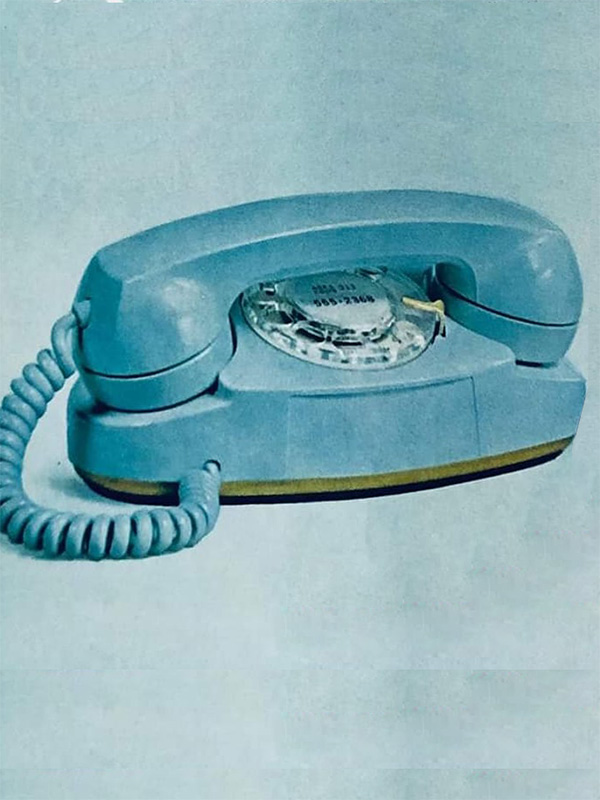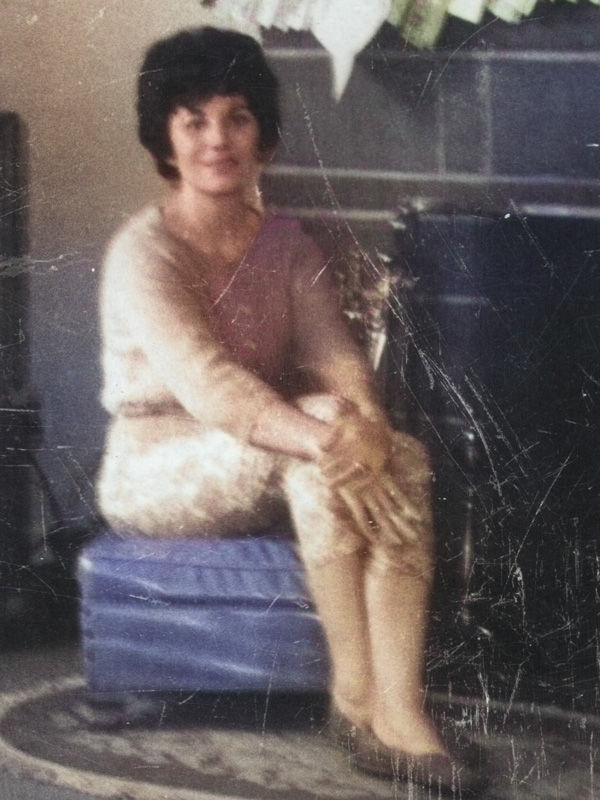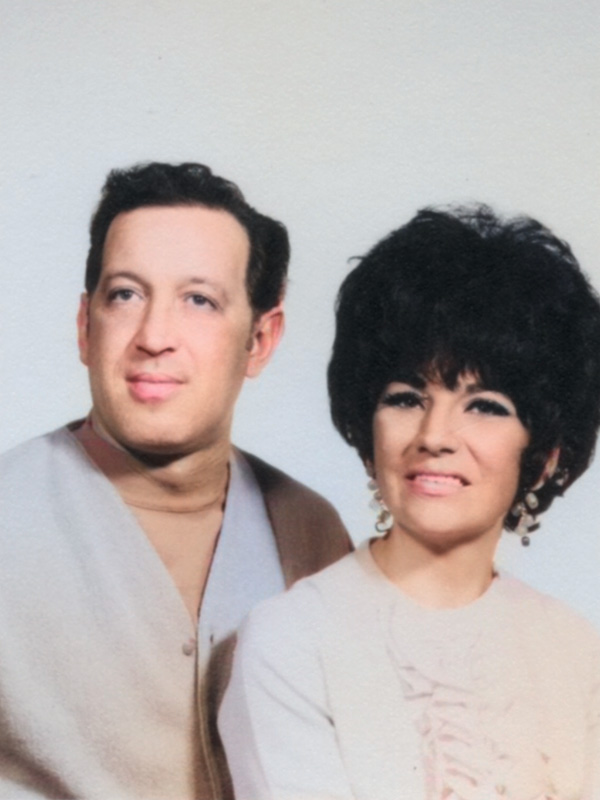6. Another Try
Above, the breathless letter my mother wrote to me after the phone call in 1973 that finally reunited us.
UST WEEKS AFTER THAT DAY in Canton, we fled Ohio and with it my stepfather. And although I was ecstatic to leave him in our dust and become a family again, I was only eleven and didn’t yet understand the danger we faced and why we left town in such a hurry. In fact, I wouldn’t understand until more than a decade had passed.
My father never said a word about why my mother left us and returned to Bus. Not a word about the man’s mob connections, or the threats of violence. And I think his silence was understandable. He had been deeply hurt by this, her second departure from his life, so much so that he took it all to his grave. One of my biggest regrets in life is that, when he died in a car accident at the age of 51, I hadn’t yet matured enough to talk to him about it, to plumb the depths of his pain.
So I had given up trying to understand anything of what happened and came to accept the idea that I might never see my mother again. Until early one Saturday morning when I was awakened by a ringing telephone, a long-distance call from Cleveland. For the first time in eleven years I spoke to her again.
Soon I would visit her in the home she’d made with her third husband, Paul, she would explain everything that had been kept from me, and I would eat of the tree of the knowledge of good and evil.
My parents were pretty broke when, in August of 1962, we arrived in Texas, so one of the first things they did was to pawn the diamond wedding ring Bus had given her.
We had only begun to settle into our little rental house in the Dallas suburb of Mesquite when she got her own fateful call, the call that rang that princess phone, the voice of a stranger telling her that if she didn’t get on the next plane back to Bus, they’d throw acid in her face and hurt my sister and me.
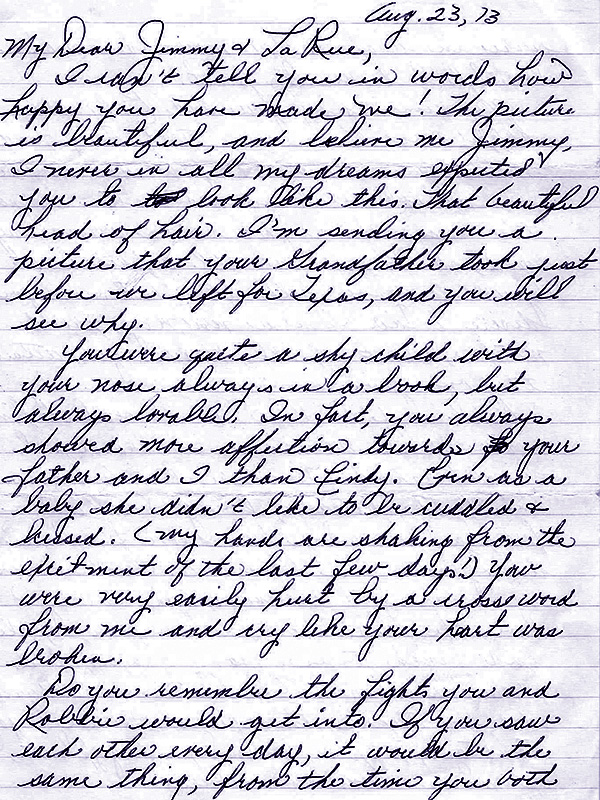
So she did. And when she stood before him back in Ohio, she realized fully how dangerous he really was – he held out his hand to show her the ring she’d hocked in Dallas. It was a big, fat, in her face, don’t-think-you-can-get-away-with-that-again welcome home. Her scratchy snapshot below, in his living room that Christmas, is the saddest I’ve ever seen her. She may appear to be smiling, but that’s not my mother’s smile.
Now, more than a decade after she left, I had the facts. I thought I could finally lay the story to rest. But it wasn’t as simple as that, and it would be another twenty years before I could begin to understand the toll it took on both of us.
